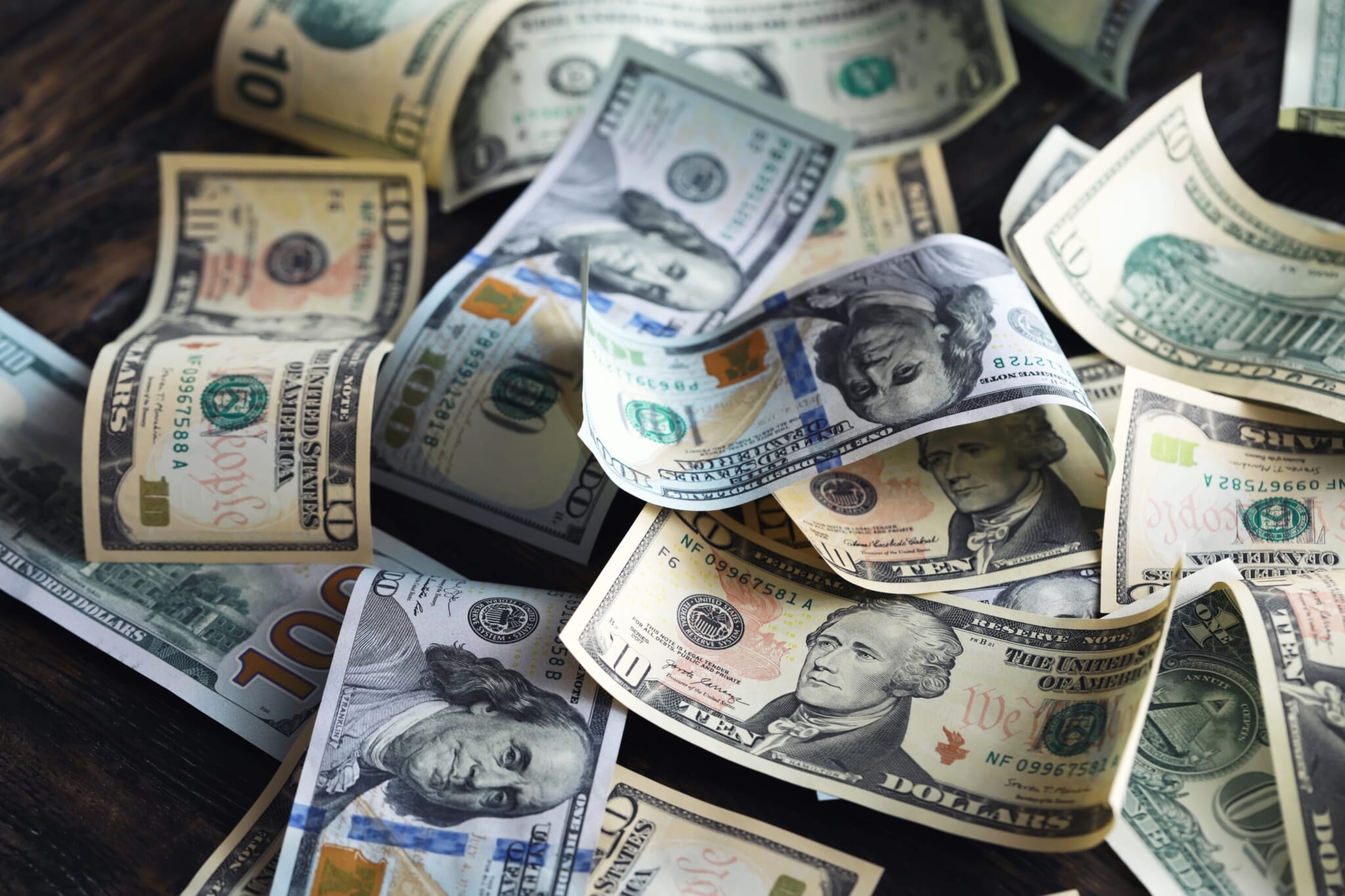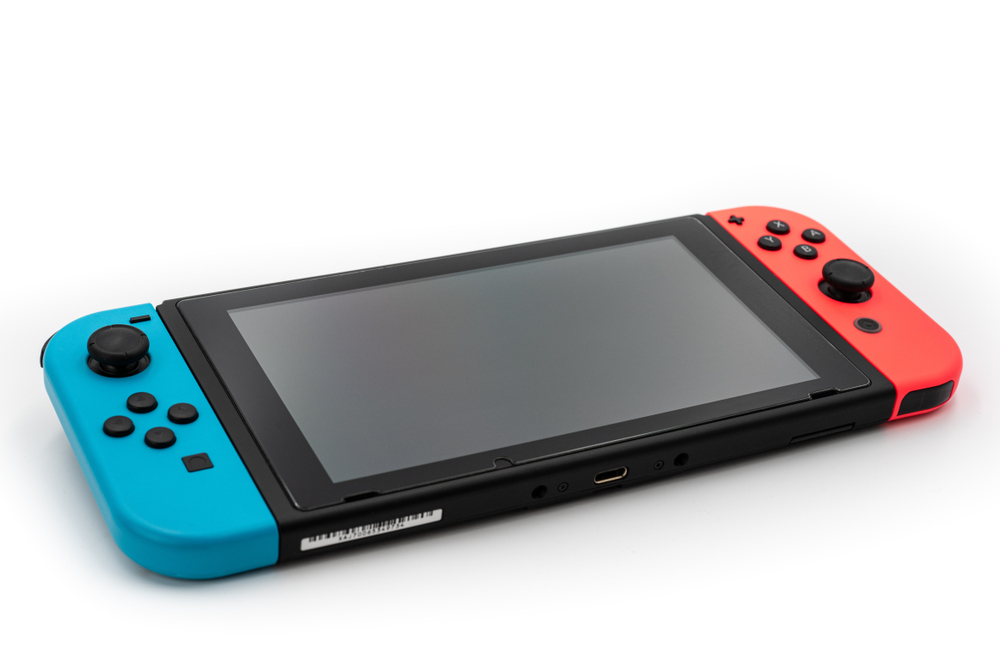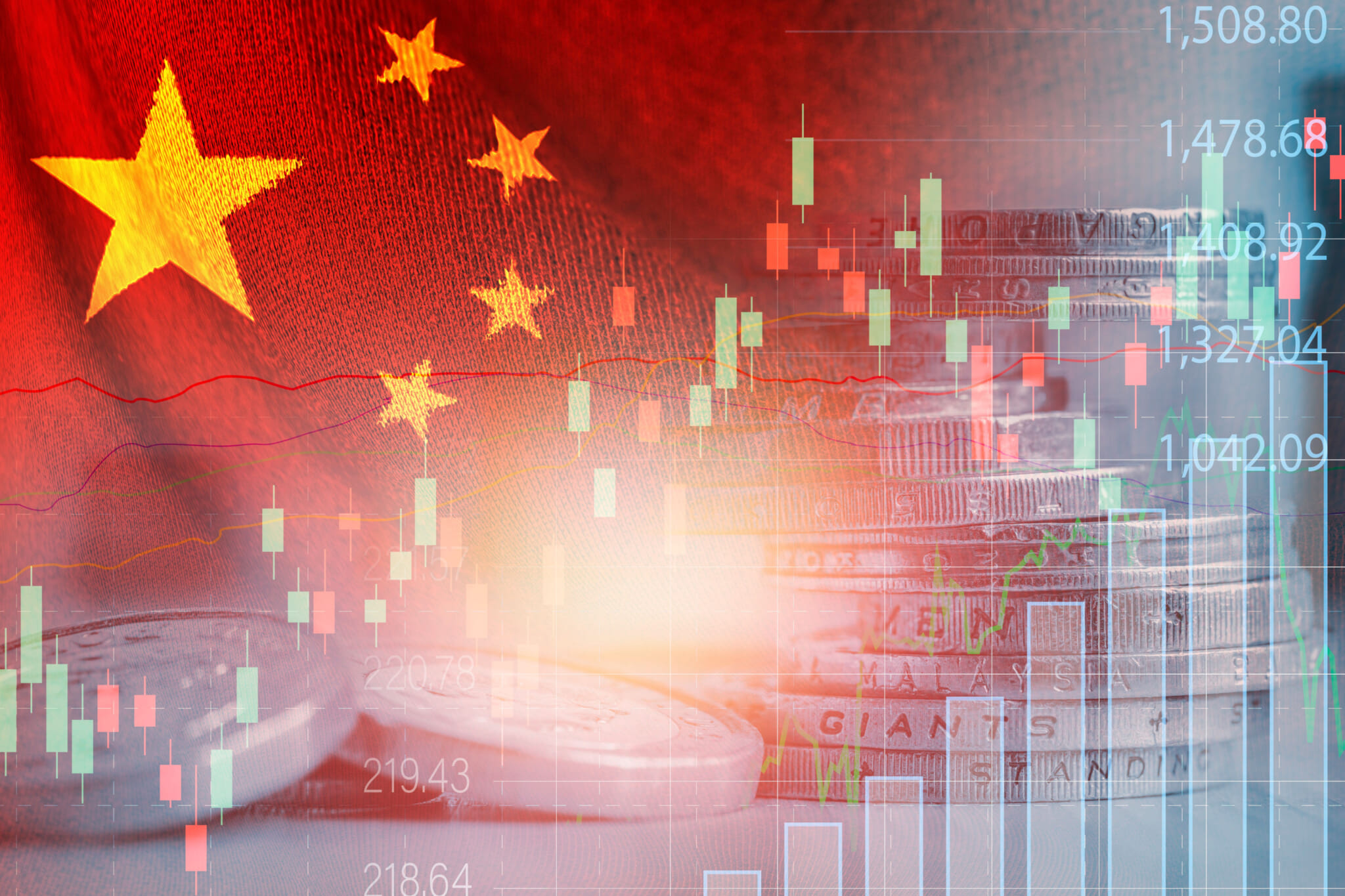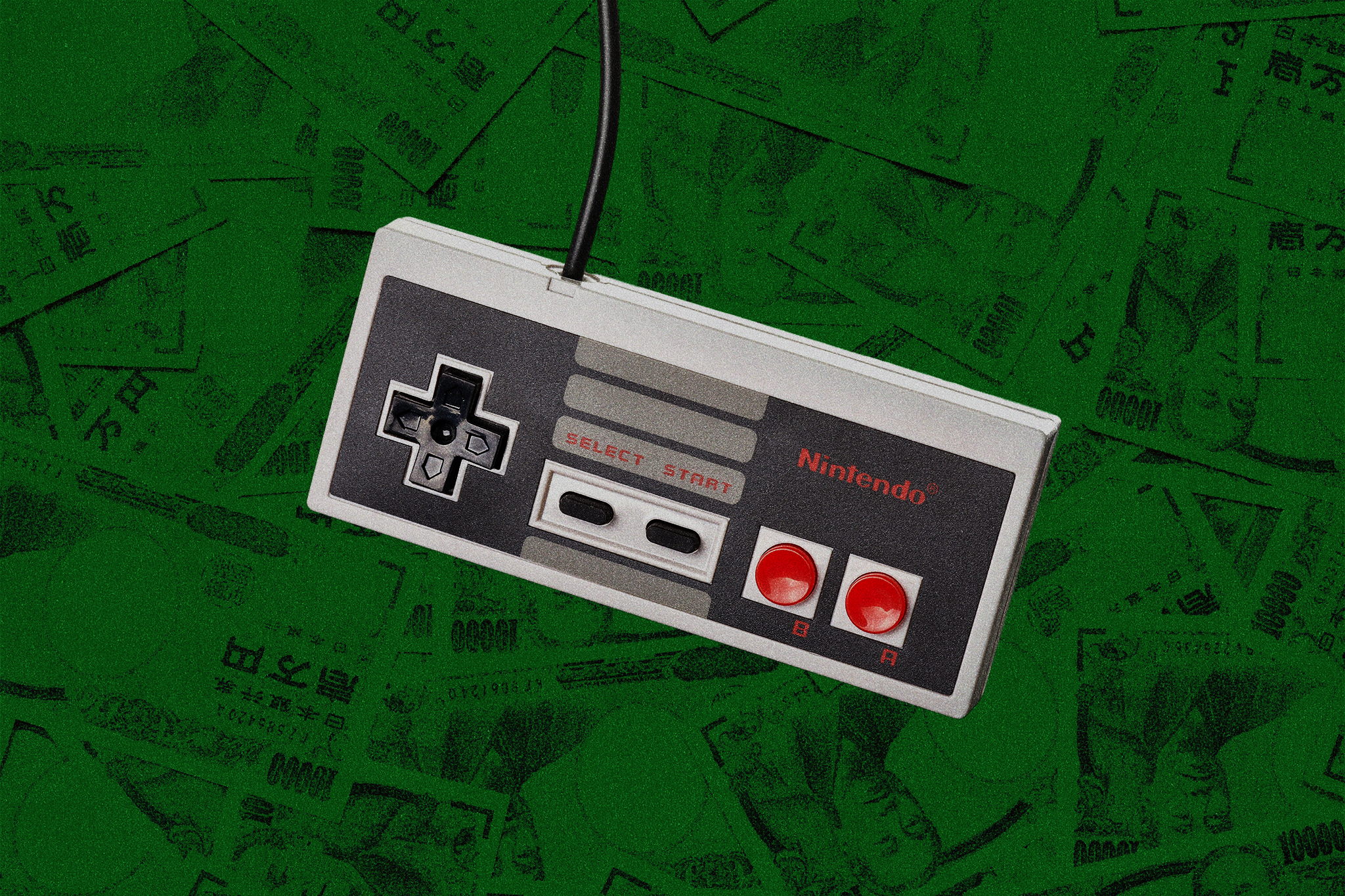If you’re looking to find an Xbox in Japan, good luck to you. Even in Yodobashi Camera and other electronics megastores, the Microsoft-developed video game console is either consigned to forgotten corners or absent from the shelves altogether. So, it’s unsurprising that Microsoft dreamed of another route to the summit of the Japanese market.
Microsoft Gaming CEO Phil Spencer admitted in a series of recently leaked emails, dated August 2020, that purchasing the Japanese gaming titan Nintendo would be a “career moment.” He called the company behind Mario, Donkey Kong and Zelda “THE prime asset” in gaming and affirmed that an acquisition would be a “good move for both companies.”
Of course, Spencer’s email was an internal correspondence never meant for public consumption. That doesn’t stop it from being embarrassing. Not only because he used the phrase “career moment” without apparent irony, but because it exemplifies Microsoft’s current lack of creative ambition. The company whose studios once brought us Halo and Gears of War is now so devoid of ideas it’s having to purchase them from elsewhere.

Money talks
Corporate Greed
Worst of all, though, the email leak is indicative of an ugly truth about the forces coalescing in the video game industry; forces that seek to wrest all power from independent developers and dominate the market through sheer financial might.
Corporate greed knows no bounds, so it’s little surprise that Nintendo was just the tip of the iceberg. In the email, Spencer also outlined his intentions to acquire Valve Corporation, the creator of Steam, a digital game distribution platform valued at around US$7.7 billion.
Spencer then said he was in “active” discussions with ZeniMax Media, the parent company of Bethesda Softworks (developer of The Elder Scrolls and Fallout series), which Microsoft later acquired for US$7.5 billion, and Warner Bros. Games, which has published games in the Batman: Arkham, Middle-Earth, LEGO and Mortal Kombat franchises.
Though not mentioned in the correspondence, Microsoft then made its most frivolous acquisition in January 2022, when it swooped for Activision Blizzard. The publisher-developer responsible for Call of Duty, Diablo, World of Warcraft and Candy Crush cost a cool US$69 billion.
The deal led to a Federal Trade Commission investigation over concerns Microsoft was trying to suppress its competitors, during which an internal document surfaced revealing another 100-plus game studios Microsoft had targeted. Its intentions to gobble up the entire industry were laid bare: the list included such meaty prey as SEGA, Pokemon Go developer Niantic Games, Elden Ring and Dark Souls creator FromSoftware, and the Polish studio responsible for The Witcher and Cyberpunk 2077 games, CD Projekt Red.

Nintendo Switch | Photo by Matthieu Tuffet via Shutterstock
A Clash of Cultures
With Microsoft’s Xbox Series X falling dismally behind the current generation of hardware competition — Sony’s PlayStation 5 and the Nintendo Switch — it’s easy to see why Spencer is reaching for the checkbook. What doesn’t add up is his belief that Nintendo and Microsoft would make good bedfellows. To rephrase the old SEGA mantra from the early 1990s, “Nintendoes what Microsoft don’t.”
Nintendo is all about creative independence and harnessing the power of its storied, first-party IP to boost hardware sales, whereas Microsoft, which has hit the equivalent of writer’s block, has shifted to a model of subscription-based gaming and growth through mergers and acquisitions.
When Nintendo faced an existential crisis following the Wii U’s flop, company executives cut their own salaries to avoid laying off staff. Microsoft, on the other hand, axed 10,000 employees earlier this year en route to reporting record revenue. Nintendo is steadfast in its commitment to creating Nintendo games exclusively for Nintendo consoles, while Microsoft envisions a console-agnostic future where games are accessed via the cloud.
Then there is the inevitable clash of cultural mores which has borne bitter fruit in video game relationships of the past. The downfall of SEGA was partly due to the American wing’s ambition and edgy marketing campaigns running headlong into the Japanese side’s conservatism and family-friendly approach to development.

China is now the world’s largest market for video games.
Global Competition
Microsoft, though, is not the only shark in the waters. Growing financial interests from companies in China and the Middle East smell blood and are looking to assert their dominance through further consolidation of the industry. As it continues to divest itself from petrodollars, Saudi Arabia has earmarked nearly US$40 billion to become the “ultimate global hub” for games and esports by 2030. While Chinese company Tencent has ballooned into the largest video game entity in the world, with investments in more than 300 studios in its portfolio, generating 17% of worldwide games market revenues in 2021.
There’s plenty of space for ethical debate here, given Tencent is essentially the entertainment arm of the Chinese Communist Party. Not only are consumers having to wrestle with their dollars supporting a government that’s sending Uyghurs into concentration camps, but from an artistic standpoint, developers are no longer working with a blank canvas.
Chinese money isn’t a no-strings attached proposition. Any work that “endangers social morality or national cultural traditions,” as China’s state censorship body puts it, is likely to be suppressed. This is not a hypothetical scenario, either. In 2004, the Chinese government banned Hearts of Iron, a wartime strategy game, because it depicted Tibet as a sovereign nation.
In 2019, a professional esports gamer was expelled from a Hearthstone tournament for supporting the protest movements in Hong Kong. China then banned a Call of Duty: Black Ops Cold War teaser trailer in 2020 for showing footage of the 1989 Tiananmen Square Protests, causing the game’s publisher to replace the trailer with an edited version worldwide. And these are just the publicly known examples. How many thought-provoking story ideas have been quashed in the boardroom because they contravened Chinese state sensibilities?
Paying a Price for Corporate Consolidation
Aside from keeping shareholders happy, it makes sense that developers might tweak their creative ambitions to make a profit — China is now the world’s largest market for video games with 740 million players, which is equivalent to the entire population of Europe.
Granted, Tencent and Microsoft are not equivalent. And perhaps the devil you know is better than the devil you don’t. But irrespective of who’s signing the checks, corporate consolidation is bad news for an industry that’s succeeded through disruption, innovation, variation and sheer creative chutzpah. But nor is it the last we’ve heard of this. Microsoft has tried to buy Nintendo before, and it looks like it will try again. If it does come forth with an offer, however, let’s hope it goes about as well as last time.
“[Nintendo] just laughed their asses off,” said a Microsoft executive years later. “Like, imagine an hour of somebody just laughing at you. That was kind of how that meeting went.”









